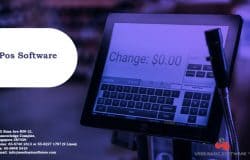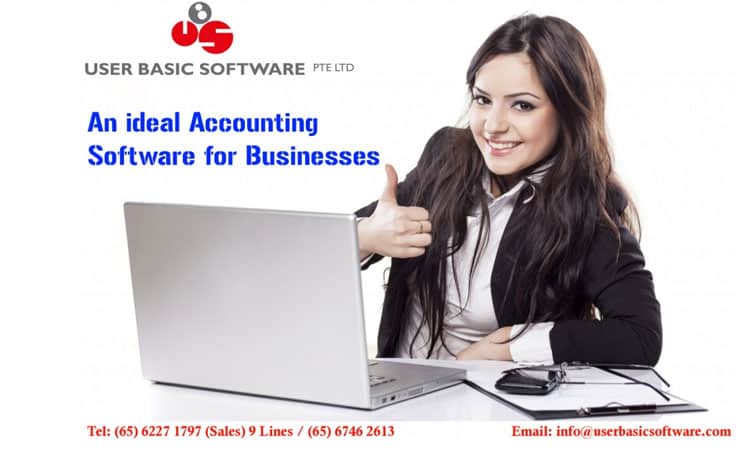In today’s fast-paced business environment, implementing accounting software has become essential for streamlining financial processes and making informed decisions.
However, despite its numerous advantages, many businesses still encounter challenges during the implementation process.
In this article, we will explore the common mistakes that businesses should avoid when integrating accounting software into their operations.
Common Mistakes to Avoid When Implementing Accounting Software in your Business
Failing to Assess Business Needs
One of the most significant mistakes is rushing into the implementation process without adequately assessing the specific needs of the business.
Each company has unique requirements, and understanding them is crucial for selecting the right accounting software.
Conduct a thorough evaluation of your business processes, accounting functions, and future growth projections to ensure the software aligns with your needs.
Ignoring Scalability
Selecting an accounting software solution without considering its scalability can be detrimental in the long run.
Businesses evolve and expand, and your software should accommodate that growth.
Choosing a scalable solution ensures that it can handle increased data, users, and transactions without the need for frequent upgrades or replacements.
Overlooking User Training
Implementing accounting software is not just about technology; it involves people as well. Failing to provide sufficient training to employees can hinder the software’s effective utilization. Proper training ensures that all users understand the software’s functionalities, reducing the risk of errors and enhancing productivity.
Neglecting Data Security
Data security is of paramount importance, especially when dealing with financial information. Neglecting cybersecurity measures can lead to data breaches, compromising sensitive data and damaging the company’s reputation. Ensure the accounting software has robust security features, including encryption and access controls, to safeguard your financial data.
Disregarding Integration Capabilities
Accounting software does not function in isolation; it needs to integrate seamlessly with other business systems. Failing to consider integration capabilities can result in data silos, double entries, and inefficiencies. Look for software that can integrate with your CRM, inventory management, and other relevant systems to create a cohesive business environment.
Not Regularly Updating the Software
Technology is continually evolving, and so should your accounting software. Not keeping the software up to date with the latest patches and updates can lead to compatibility issues and security vulnerabilities. Regularly update the software to access new features, bug fixes, and security enhancements.
Disregarding Mobile Accessibility
In the modern business landscape, mobility is essential.
Neglecting to choose accounting software with mobile accessibility can limit your ability to access real-time financial information on the go.
Opt for software that offers mobile apps or responsive web interfaces to stay connected to your financial data wherever you are.
Underestimating Customer Support
Having reliable customer support is vital during and after the implementation process.
Underestimating the importance of responsive customer support can lead to delays in resolving issues or addressing concerns.
Prioritize software vendors that offer excellent customer support to ensure a smooth implementation and ongoing usage experience.
Overcomplicating the Implementation Process
Implementing accounting software should not be overly complex. Trying to customize the software extensively to fit every requirement can lead to unnecessary complications.
Keep the implementation process as straightforward as possible while addressing your core business needs.
Lack of Post-Implementation Evaluation
Once the accounting software is up and running, it’s essential to conduct a post-implementation evaluation.
This evaluation allows you to identify any shortcomings, gather feedback from users, and make necessary adjustments to optimize the software’s performance.
Implementing accounting software is a significant step towards improving financial management and decision-making in your business.
However, avoiding common mistakes is essential to ensure a successful implementation.
By carefully assessing your business needs, considering scalability and integration capabilities, prioritizing data security, and providing adequate training to users, you can maximize the benefits of accounting software and drive your business towards success.
User Basic Software is a reliable PSG Grant Vendor that provides a variety of software solutions for businesses.
Our accounting software includes numerous useful features that help to simplify business solutions. Get the best PSG 50% Grant Accounting Software for your small business and see a significant increase in business productivity.














